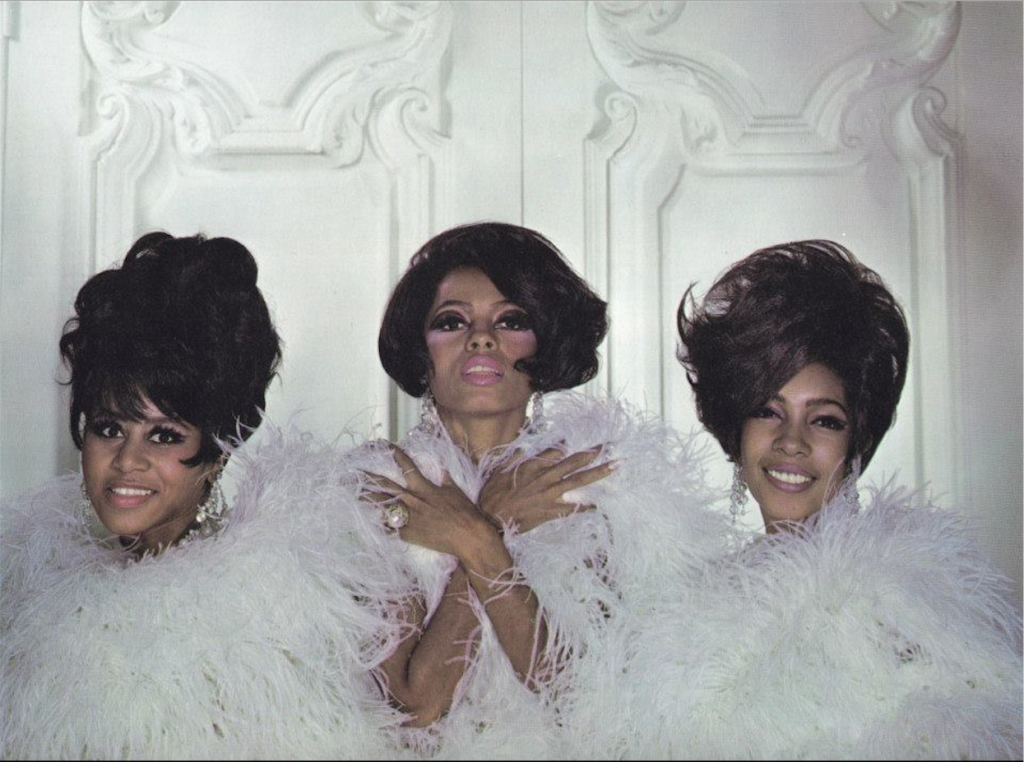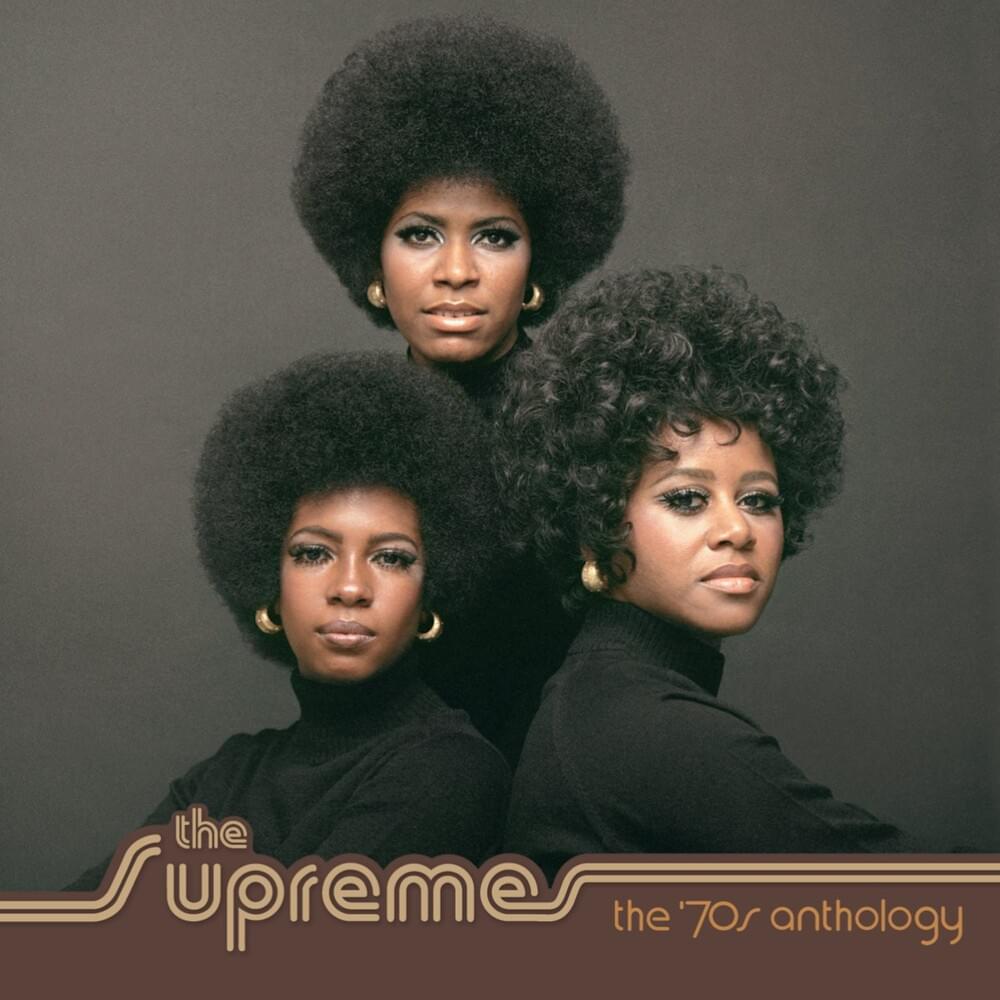
A Timeless Plea for Freedom from the Chains of Love
In the rich tapestry of 1960s Motown, few voices resonated with as much clarity and emotion as those of The Supremes. With their 1966 classic, “You Keep Me Hangin’ On,” they captured the universal struggle of trying to break free from a love that lingers long after it should have faded away. This iconic track, with its pulsating rhythm and heartfelt plea, became a beacon for many who found themselves entangled in the complexities of love and longing.
Upon its release, “You Keep Me Hangin’ On” quickly soared to the top of the charts, securing the number one position on the Billboard Hot 100 in November 1966. It was a testament not only to the song’s infectious melody but also to the emotional depth delivered by lead singer Diana Ross, whose voice carried the weight of unspoken heartaches and unfulfilled desires. The song was part of their album “The Supremes Sing Holland–Dozier–Holland,” a collection that solidified their status as pop legends.
Behind this compelling song lies the genius of the legendary songwriting trio Holland-Dozier-Holland, who crafted many of Motown’s biggest hits. Their collaboration with The Supremes brought forth a track that masterfully blended pop sensibilities with soulful undertones, creating a sound that was both fresh and timeless. The story behind “You Keep Me Hangin’ On” is one of emotional entrapment—a narrative familiar to anyone who has ever struggled to move on from a relationship that no longer serves them.
The song’s opening guitar riff, inspired by Morse code’s urgency, mimics a distress signal, setting the stage for Ross’s impassioned vocal delivery. It’s a cry for liberation from emotional bondage: “Set me free, why don’t you babe / Get out my life, why don’t you babe?” These words echo in the minds of listeners, evoking memories of past loves that refused to let go. The driving beat and upbeat tempo paradoxically underscore the desperation in Ross’s voice, creating a tension that mirrors real-life emotional struggles.
As we journey through this musical masterpiece, we are reminded of how The Supremes managed to encapsulate such profound sentiments within a three-minute pop song. Their ability to blend heartache with hope struck a chord with audiences across generations. It’s this delicate balance that allows “You Keep Me Hangin’ On” to remain relevant decades after its initial release.
For many older listeners, revisiting this track is like leafing through an old photo album—each note stirs memories both sweet and bitter. It harks back to an era when love was expressed through carefully crafted lyrics and melodies rather than digital messages or fleeting social media posts. It reminds us of slow dances at high school proms, tearful goodbyes, and the enduring power of music to articulate what we often cannot.
In essence, “You Keep Me Hangin’ On” is more than just a song; it’s an emotional lifeline that continues to resonate with those caught between holding on and letting go. As we listen to it today, we are reminded not only of The Supremes’ immense talent but also of our own stories woven through time—stories of love lost and found again.
